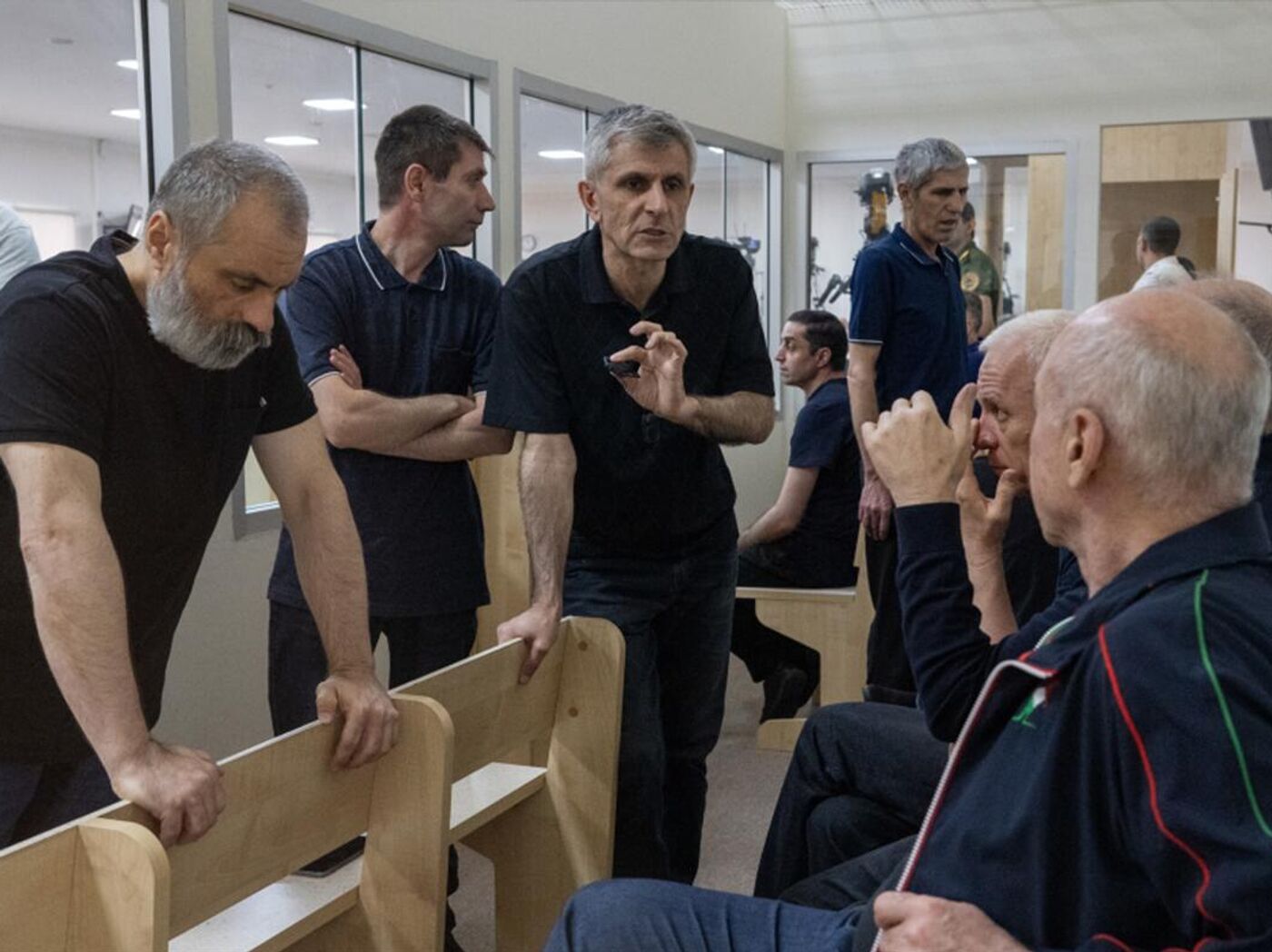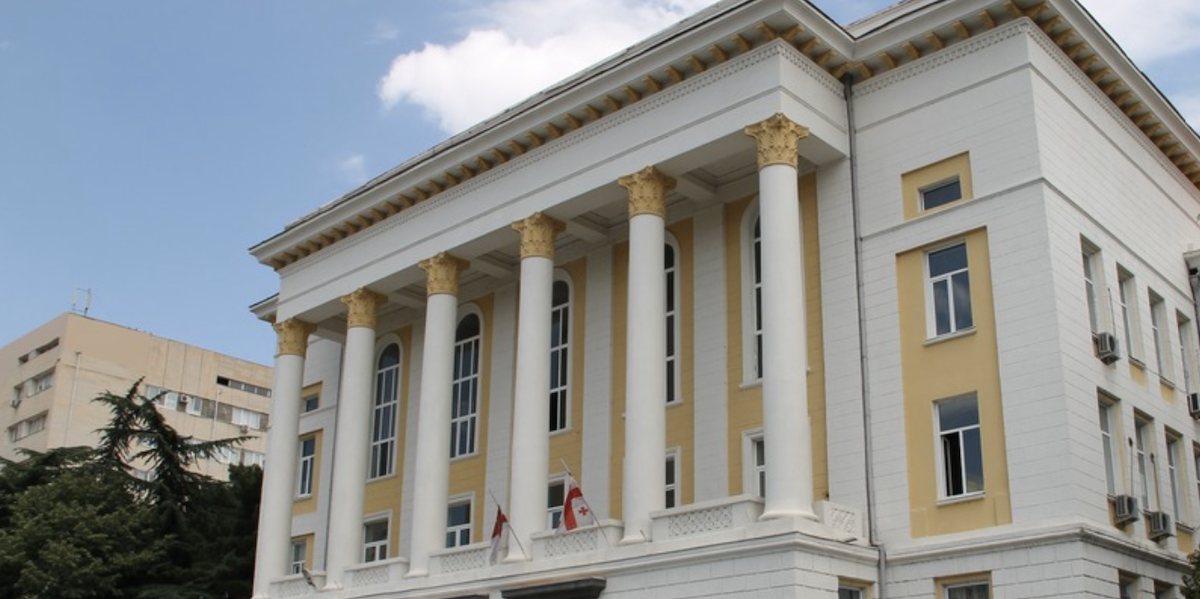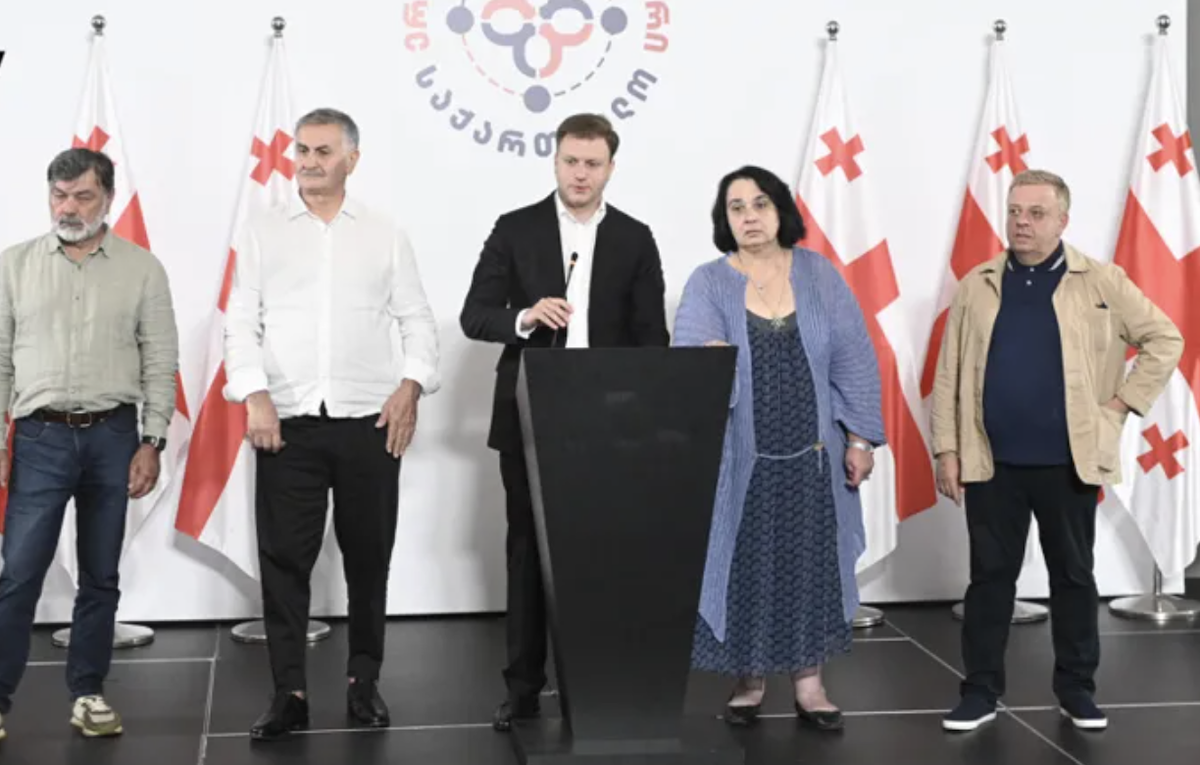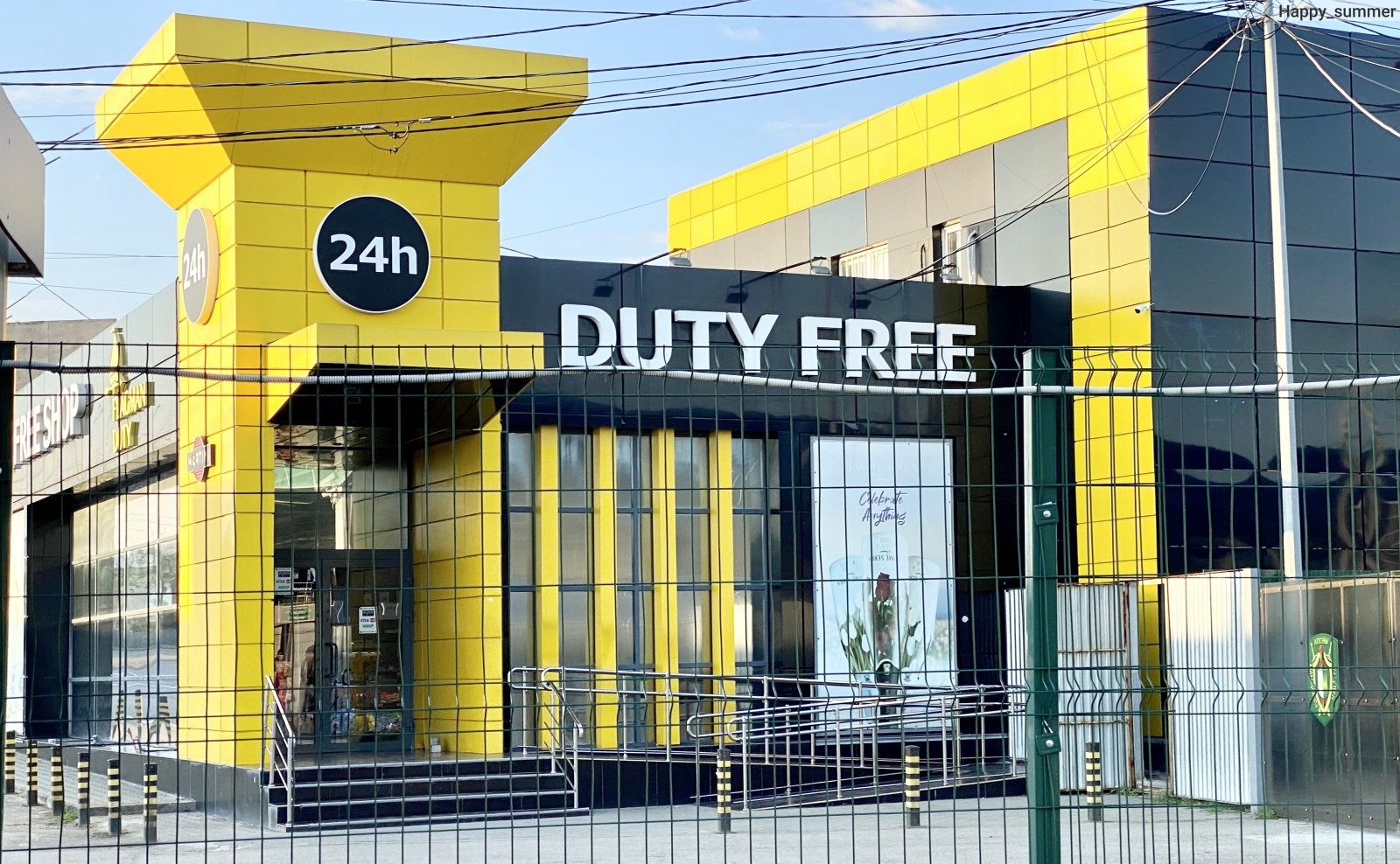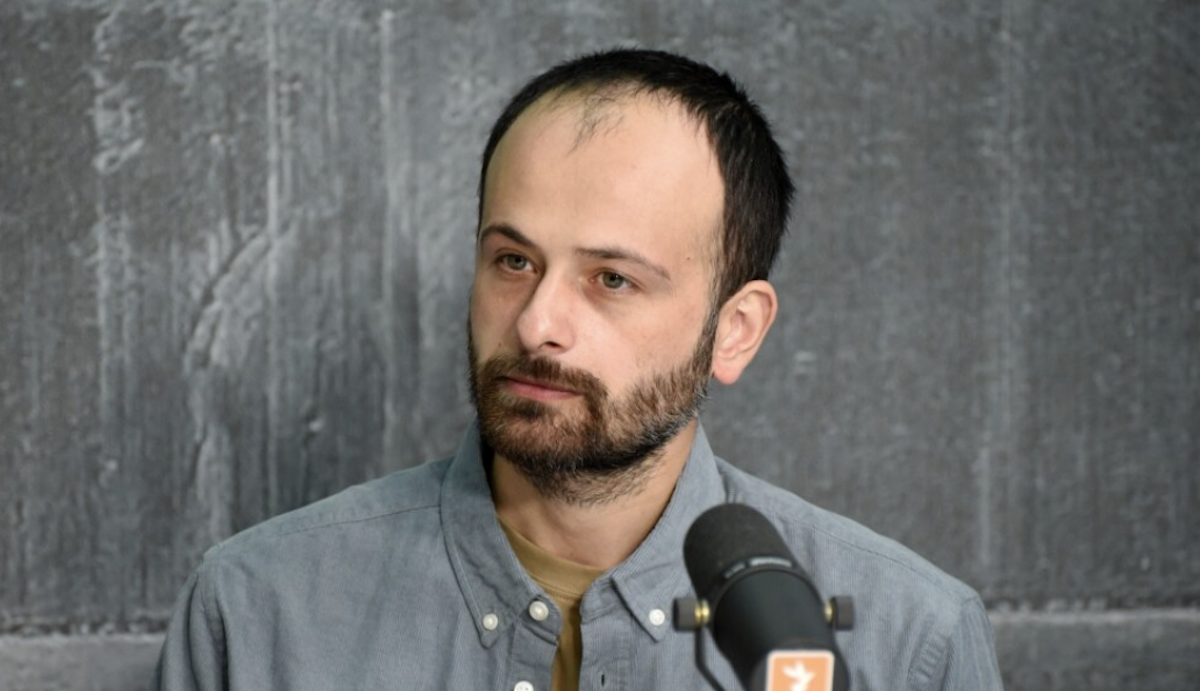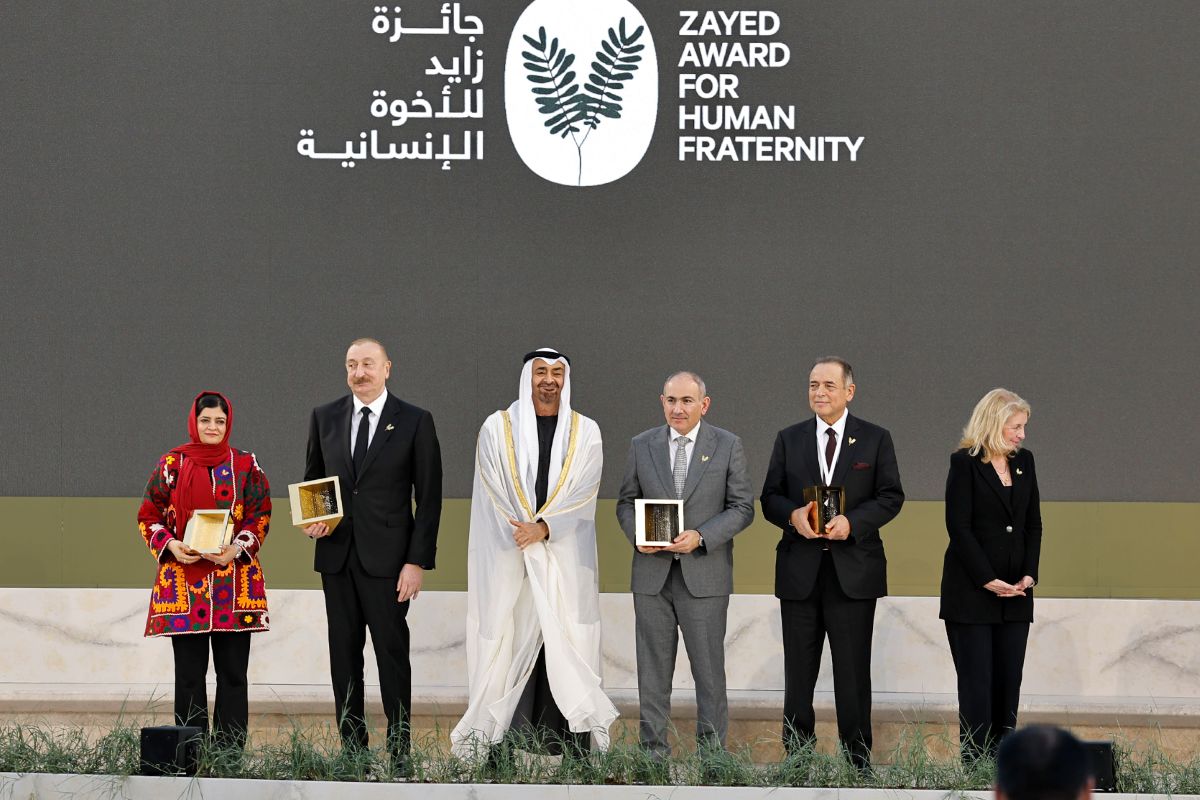Expert: Russia may be behind attack on Delta Telekom in Azerbaijan
Attack on internet provider in Azerbaijan
Short internet outages were reported in Azerbaijan today, with users struggling to access social media, some international sites and even domestic portals. An expert suggested the disruption may have been the result of an attack originating from Russia.
The Ministry of Digital Development and Transport said the failure was caused by a DDoS cyberattack targeting Delta Telekom, one of the country’s main internet providers.
According to the ministry, traffic was immediately rerouted through other operators — Azertelecom and Aztelecom — to bring the situation under control.
The move prevented a complete shutdown of internet services, but the incident once again exposed gaps in Azerbaijan’s digital security.
Who carried out the attack on Delta Telekom – and why?

Osman Gunduz, head of the Azerbaijan Internet Forum, said the incident should not be seen purely as a technical failure.
Given the current political climate, he did not rule out the possibility that Russia could have been behind the attack.
“In recent months, tensions between Baku and Moscow have been clearly visible. Russia often uses cyberattacks as a tool in international relations. The attacks on SOCAR facilities in Ukraine are a real example of this,” Gunduz said.
Delta Telekom is one of the main operators providing Azerbaijan’s connection to the global internet. Such attacks therefore affect not just the company but the country’s online space as a whole.
Gunduz also pointed out that much of Azerbaijan’s global internet traffic still passes through Russia, leaving the country vulnerable to geopolitical pressure.
“From a technical standpoint, diversification is key to preventing such attacks: the more independent exit points and alternative routes there are, the weaker the impact of any attack,” he said.
The strategic value of alternatives
Gunduz noted that Azerbaijan’s planned Trans-Caspian fibre-optic project is driven by exactly this need.
“If the project is implemented, the country will be able to route internet traffic not only through Russia but also via Central Asia and other directions,” he said.
In his view, such initiatives are not just about speed and price, but also about digital sovereignty.
“Communications thrive on alternatives. For Azerbaijan’s information security, the key step is to split internet traffic across several routes and minimise external dependence,” Gunduz said.
Conclusion
The attack on Delta Telekom exposed a critical weakness in Azerbaijan’s digital security: no matter how strong internal protection systems may be, as long as external dependence exists, the risk remains.
The incident also raises a bigger question:
Will Azerbaijan achieve digital independence in the coming years, or will it remain under the influence of neighbouring states when it comes to internet security?













